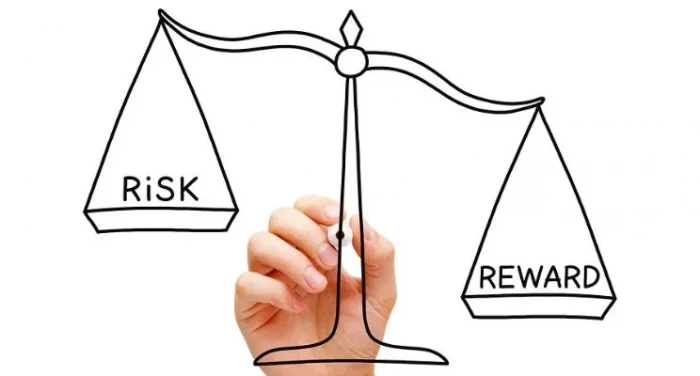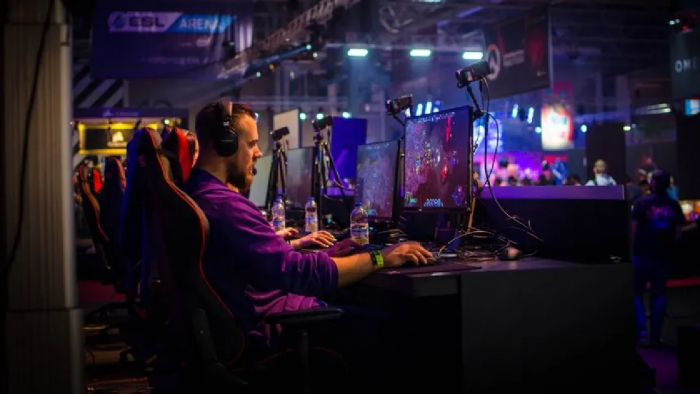Table of Content
Being a fan of online casino games implies playing titles that are rarely in your favor. Chance based games are all around you, waiting with their algorithms, RNGs, and programming. The house edge is usually not very favorable either, resulting in an ecosystem that unsuspecting players can never fully grasp. The psychology of making decisions is, therefore, prevalent if you mean to play more seriously and win more often than not. Lucky for you, we have all the info you need about decision making psychology in gaming, complete with strategies for the most popular games that rely on chance, luck, and randomness for their mechanics.
In reality, all gaming is prone to this. From snap judgments in fast paced shooters to the carefully calculated bets in a game of online poker, decision making is at the core of nearly every gaming experience. Whether the game relies on skill, luck, or a blend of both, understanding how players make choices can deeply impact performance, enjoyment, and game design. This is especially true in titles relying on chance, where uncertainty and outcomes are not always tied directly to skill, or even choice. Therefore, psychological principles behind making decisions in gaming matter a lot. Furthermore, effective strategies for approaching them do exist, and players should know about them.
Evaluating Risk VS Reward

In both gaming and life, every decision involves weighing potential gains against possible losses. This is known as the risk reward evaluation, and is very normal. In games, it may look like choosing to explore an optional dungeon with strong enemies for rare loot. Psychologically, it taps into the prospect theory that suggests players often overweigh the probability of losing more than winning. It makes them either overly cautious or recklessly aggressive, depending on the situation. Of course, neither is good. In almost every game, there is a trick, the right move, strategy, or ideology behind defeating obstacles. The mines game trick revolves around smaller grids, the 1:1 scale method, and cashing out when you are ahead. Oftentimes, it is how you set the game up and how much you bet that dictates everything.
The Illusion of Control
Players often believe their actions influence chance based outcomes more than they actually do. This cognitive bias is called the illusion of control, and sadly, not a lot of players realize it in their belief that it is they who are in control of their decisions and moves. In an RNG heavy game, like slot machines or loot box mechanics, players may develop rituals or patterns that seem like they increase luck. Despite having no evidence, they feel and firmly believe it makes a difference. Game developers sometimes enhance this illusion with near misses or reading animations that heighten engagement. As long as the player remembers that they are basically at the mercy of how the game is programmed, they will be aware of potential ups and downs.
Heuristics and Cognitive Shortcuts
Humans rely on heuristics, which are mental shortcuts, and gamers of all sorts use them in their gameplay sessions all the time. They are important in making quick decisions that could be the difference between winning and losing. Availability heuristic is an example of recently losing with a particular strategy and irrationally avoiding it even if it is statistically sound. This is psychology at work, and it is illogical, but people do it nonetheless. Gambler's fallacy is the belief that past outcomes affect future probability, like failing five times meaning you must be due for a win. This has nothing to do with reality because each individual hand, round, or game is its own thing, and what came before is irrelevant.
Emotions and Impulsivity
Games are designed to be emotionally engaging, but heightened emotions often impair rational decision making. Keeping emotions in check is much easier said than done, and even if we know it, controlling oneself is usually impossible. Tilt in competitive games or rage rolling in gacha games shows how frustration leads to impulsive, suboptimal decisions. Successful players learn to regulate emotions, pause during losing streaks, and detach emotionally from short term results. When you play your favorite titles and bet on sports on Sportsbet, make sure to keep both positive and negative emotions at bay, lest you risk chasing losses or playing out of overexcitement.
Strategies that Tilt the Odds
Games where luck plays a significant role may still have room for skill. Strategy is therefore not about control, but managing uncertainty, optimizing probabilities, and minimizing loss. First of all, players must understand the underlying mechanics. In card games like Hearthstone or Magic: The Gathering, knowing the deck’s composition and probability of draws is crucial. In roguelike games like Hades or Dead Cells, understanding item spawn rates or boss patterns can help you make informed choices under uncertainty. Study data because knowledge is power in games with opaque mechanics.
Bankroll and resource management are another crucial aspect of it. It applies to both real money gambling and in game currencies like gems or gold. Set a hard budget and divide your risk. Spread out gacha pulls instead of spending all at once. Then, adopt the Kelly Criterion approach, a formula gamblers use to size bets optimally based on edge and bankroll size. Treat every resource as finite and manage it accordingly. Impulse spending often leads to quick depletion and regret.
In games with multiple outcomes, like branching paths in gaming or different card game turns and possibilities, using decision trees can help you map out the consequences. You do not need to know exact probabilities, as simply thinking in terms of expected value is enough. Ask yourself which path gives you the best chance of survival, even if the reward is lower, or should you reroll for a small chance at greatness or keep a decent one now? These questions can help you determine if the potential consequence makes more logical and financial sense than what you already have. Think two to three steps ahead and consider not just best case scenarios, but also average and worst case outcomes.
Conclusion: Training Better Decision Making Skills
Last but not least, here is a quick round of drills you can use to train yourself to make better decisions when gaming:
- Practice mindfulness: Take mental breaks, do not let fatigue cloud your judgment
- Review your plays: Rewatch matches, analyze choices, and get feedback
- Study the game: Guides, patch notes, and data analysis can elevate your understanding
- Set goals: Define what success means to you and align fun, improvement, and winning


